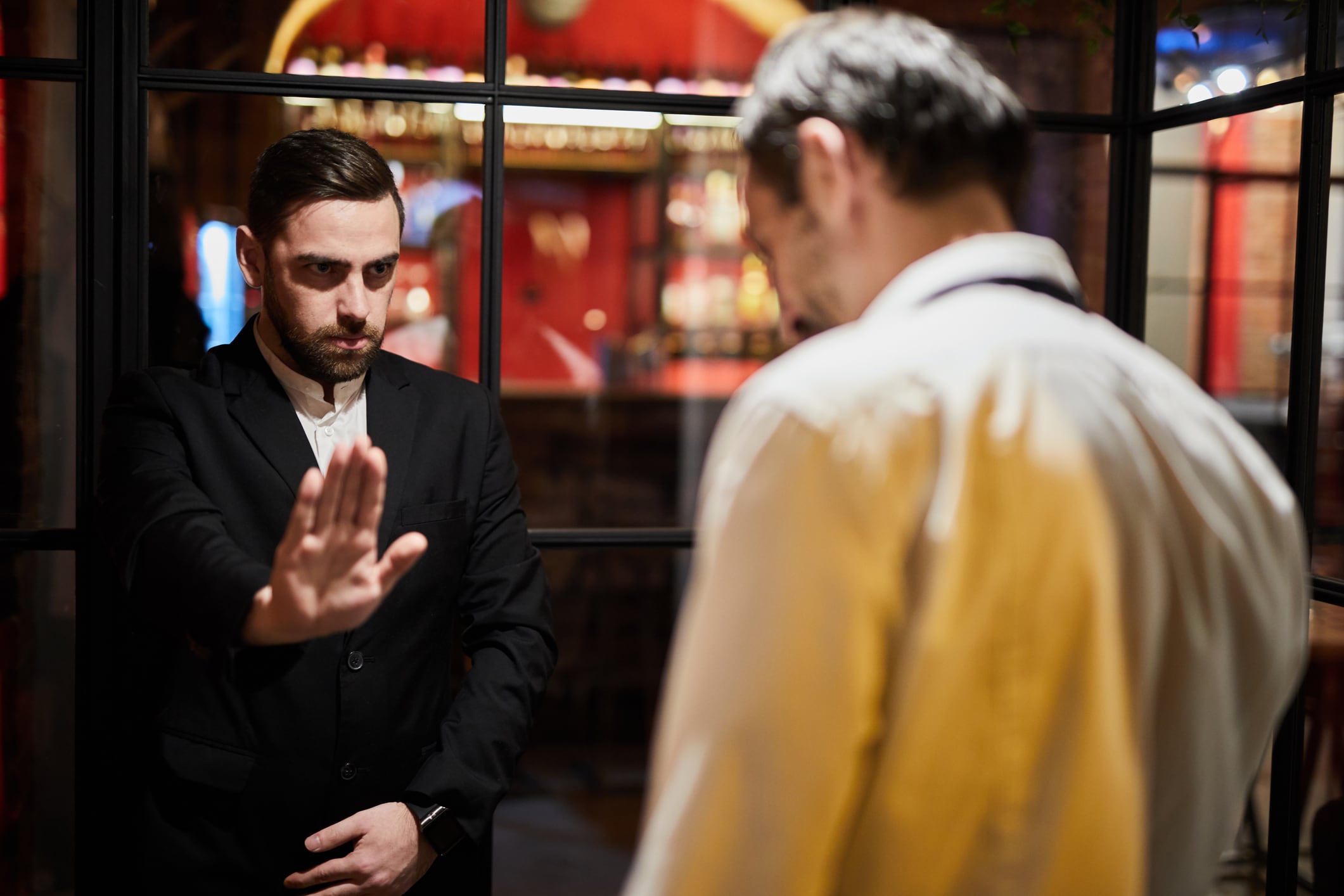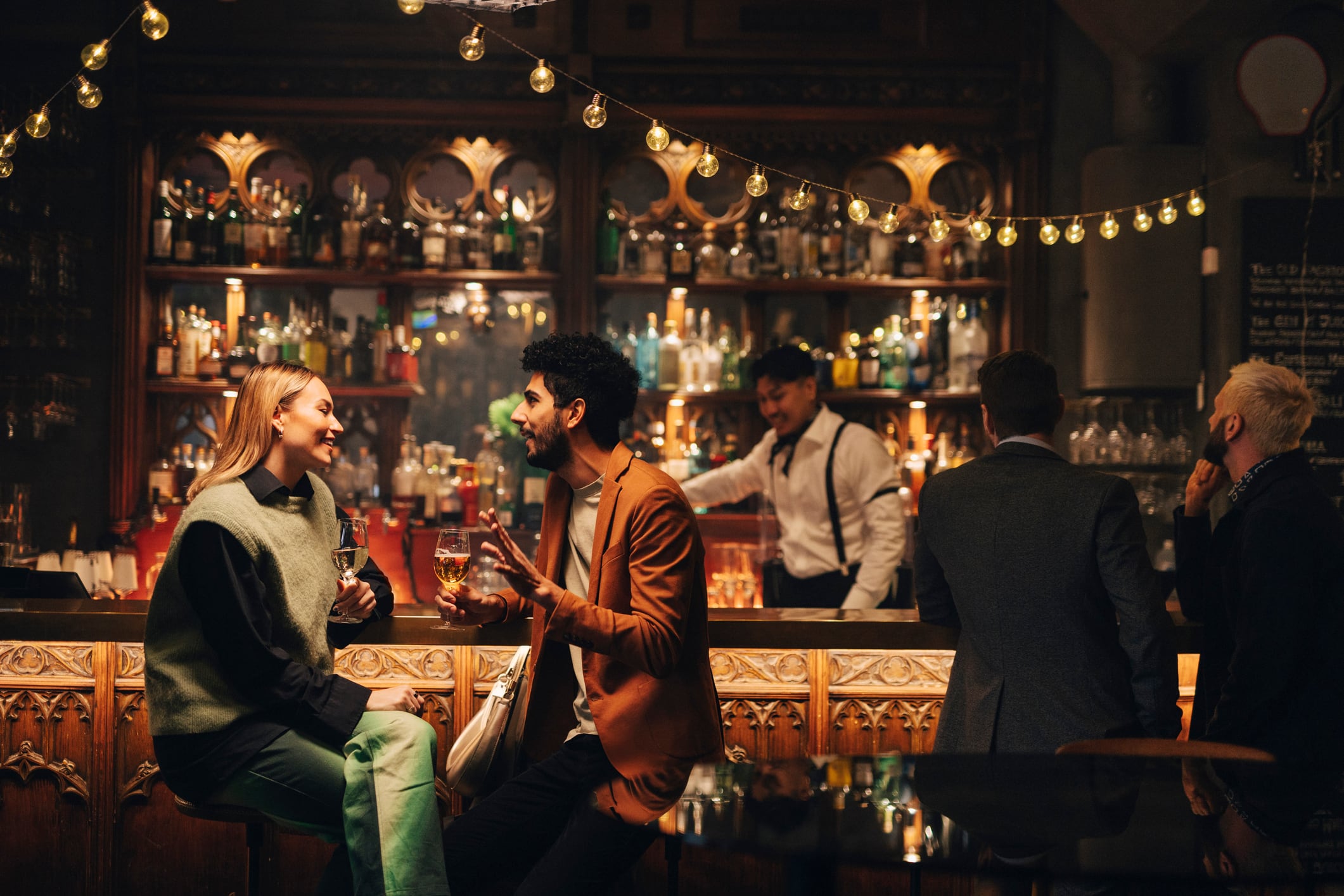I found it fascinating when it was revealed to him one of his ancestors was a “blacklister”.
Apparently, the Licensing Act 1902 contained powers to ban people from all licensed premises due to their drunkenness and behaviour. There were even enforcement powers against any licensee who served a blacklister. Sound familiar?
It seems the more things change the more they stay the same. Over a century later, and despite the development of human rights legislation, licence holders still have the right to ban people from their pubs.
There is a common misconception that as you are running a public house you have a duty to serve all members of the public, but this is not the case. A public house is not a public place at all and the public cannot insist on being there.
Put another way members of the public do not have a ‘right’ to enter and drink in a pub but may do so provided they meet the licence holder’s rules of entry. This principle is well established in law.
Safe environment
Publicans work hard to make their pub a safe environment for as many customers as possible. In doing so they set standards of expected customer behaviour to ensure their premises are as welcoming and inclusive as possible. Publicans have the right to ask customers to leave and refuse future entry to anyone who does not meet those standards.
Although you can legally ban any customer from your premises you must be careful to ensure that your reasons for the ban are not unlawful. Banning someone purely based on a protected characteristic such as gender, race, disability, sexual orientation or religion would be unlawful.
However, banning a customer because they, for example, act inappropriately towards your staff, fights in the beer garden or sells drugs in the toilet would be completely lawful regardless of who they are and regardless of whether they also have a protected characteristic.
But what about Pubwatch bans? What should you do about allowing someone into your pub who is banned from all Pubwatch venues because of their behaviour in another venue? It is very common for premises licences to have a condition that the holder be an active member of Pubwatch.
Being an “active member” would imply not just going along to meetings but to implement any Pubwatch initiatives including any collective banning orders on individuals.
Even without such a condition, you would be well advised to support your local Pubwatch scheme and stand alongside your fellow publicans in enforcing collective bans. This goes to meeting your employer’s duty to provide a safe working environment but also helps foster a viable and profitable hospitality industry.
Licensee tool
Back in 2008, I was privileged to be part of the legal team that represented Pubwatch in a high court case on the legality of collective bans.
An individual had been banned by a pub in Buckingham due to his aggressive actions towards a member of staff. At a Pubwatch meeting there was agreement to widen that ban to every one of the member’s premises in the town.
As a consequence, the individual was going to be denied entry to the venue hosting his university graduation ceremony. He challenged the ban on the grounds it infringed his human rights. The court dismissed his case and simply restated the law that a licensee’s decision to ban someone is a private decision and even when all licensees collectively ban someone it doesn’t affect that person’s human rights.
The upshot of all of this is the ability to ban customers who cause problems in your premises is a tool which helps licensees comply with their duty to promote the licensing objectives.
Licence holders can be confident that banning people from your pub, if based solely on their behaviour, is lawful and finally support your local Pubwatch scheme (if you’re lucky enough to have one) and implement its collective banning decisions.
You’re barred – Grant Mitchell says so.
- Nick Landells is a legal executive at Poppleston Allen.




